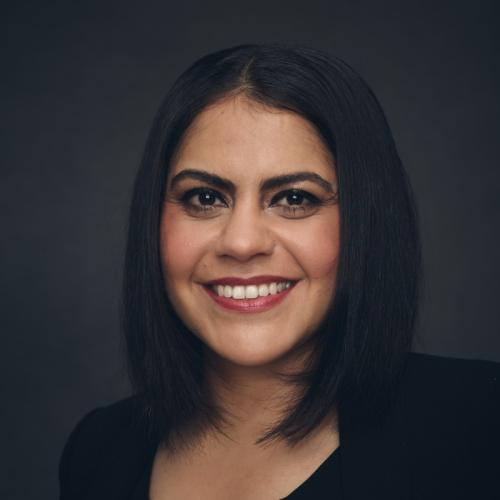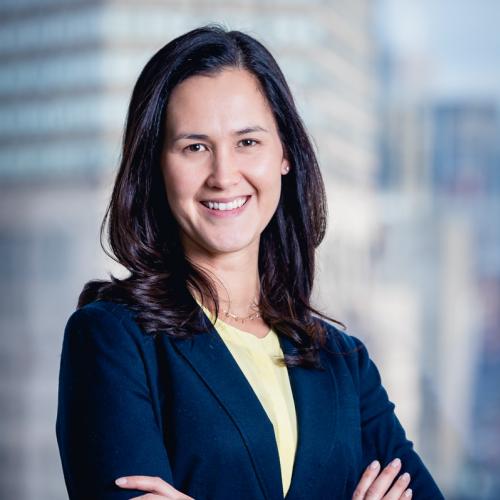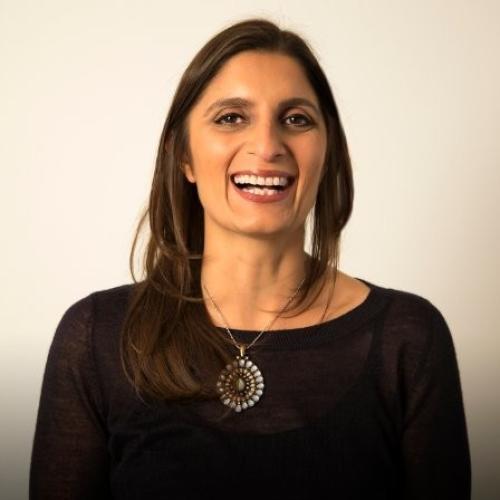
Shalanda Armstrong
Managing Partner
100KM Ventures

Michele Colucci
Founder & Managing Partner
DigitalDx Ventures

Gilan Megeed
Principal of Medtech
Deerfield Management

Saki Oshima
Head of Femtech Partnerships
Scrum Ventures

Arianne Kidder
Partner
Seae Ventures

Sara Brand
Founding General Partner
True Wealth Ventures

Ankita Vashistha
Founder & General Partner
StrongHer Ventures

Naseem Sayani
Director, Innovators Circle
WHAM

April Oury
Capital Managing Director
Prota Ventures
